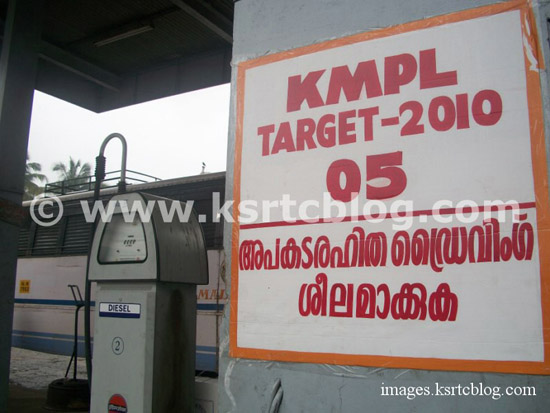With the Centre advocating use of CNG (Compressed Natural Gas) to tide over the diesel crisis in KSRTC, the state-owned GAIL India has assured it can provide enough ‘natural’ gas to run the corporation buses at a cheaper cost by June next year.
This will be pivotal to Kerala State Road Transport Corporation’s revival plan as among other things, the corporation plans to set up CNG filling stations for commercial purposes too. “It’s too early to say but we are considering setting up CNG filling stations near depots in the future. A single CNG station would cost around Rs one crore while the LNG version is costlier. However a decision has to be taken at the higher level,” M T Sukumar, Executive Director (Technical) said.
Talks are on for some time between Kerala GAIL Gas Limited, a new venture clubbing Kerala State Industrial Development Corporation and GAIL Gas Ltd, and the KSRTC over the supply of natural gas.GAIL deputy general manager K P Ramesh said gas supply won’t be a problem.
Currently GAIL India has completed work on the 40-km first phase of the pipeline that will connect the upcoming liquefied natural gas (LNG) terminal to Fertilizer and Chemicals Travancore’s (FACT) plant. Petronet is building a 5 million tonne per annum LNG import terminal at Kochi.
The second leg of the pipeline, from Kochi to Mangalore and Bangalore, is expected to be completed by June 2014. This would help supplying CNG at depots across the state, the official said.
The suggestion to start own CNG filling stations on a commercial basis came from many quarters, including the bureaucratic level.
“Delhi Transport Corporation had successfully switched from diesel to CNG in 2000. CNG is not so popular in Kerala, due to a small number of filling stations. The proposal is to convert all the buses into CNG and set up CNG filling stations by the side of the road, so that KSRTC as well as other vehicle owners can avail of the facility. This can be done as a revenue sharing model and also put an end to pilferage, as CNG cannot be transported in cans and sold elsewhere,” said Biju Prabhakar IAS.
Source: Deccan Chronicle




















